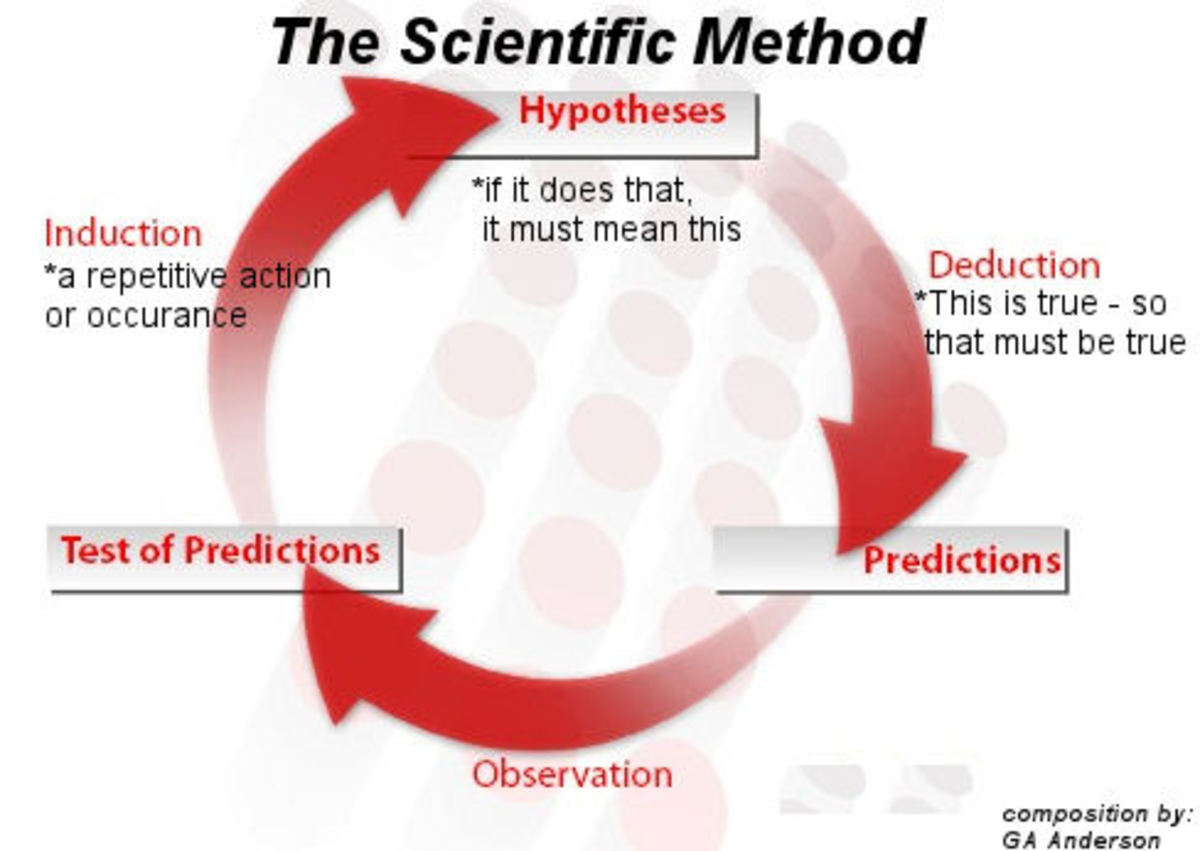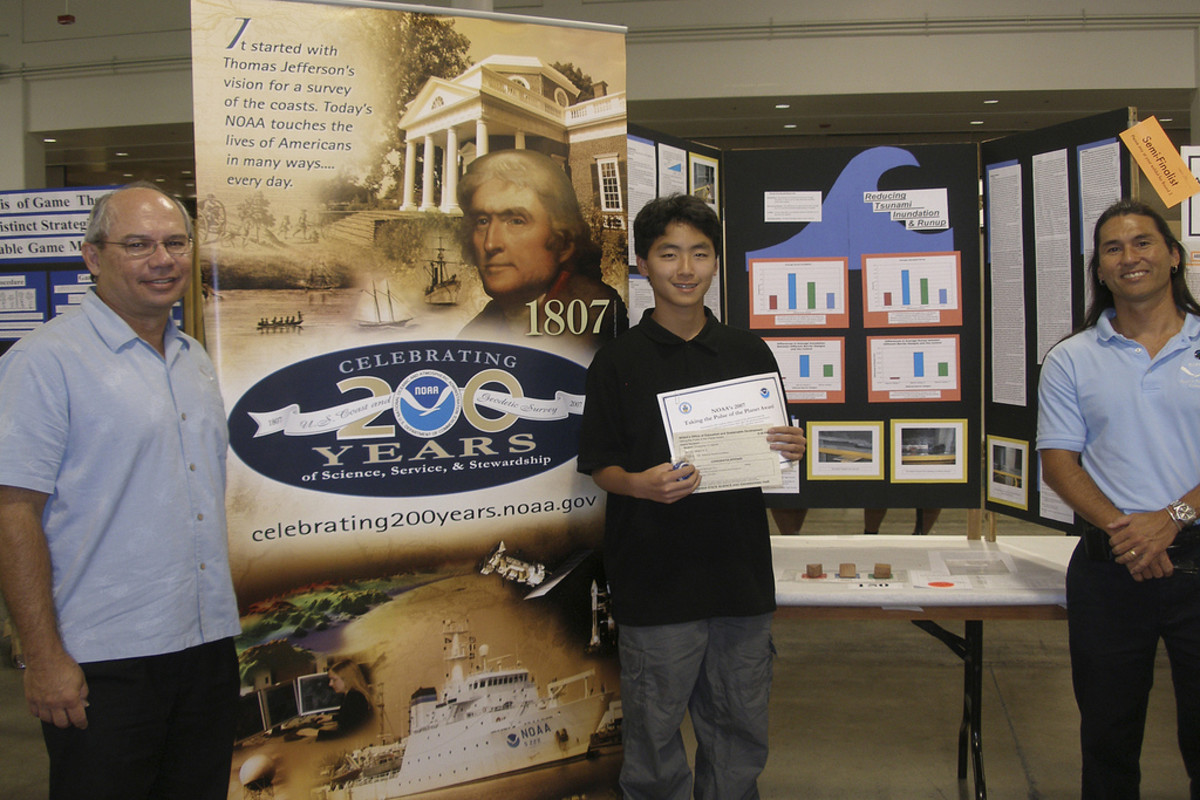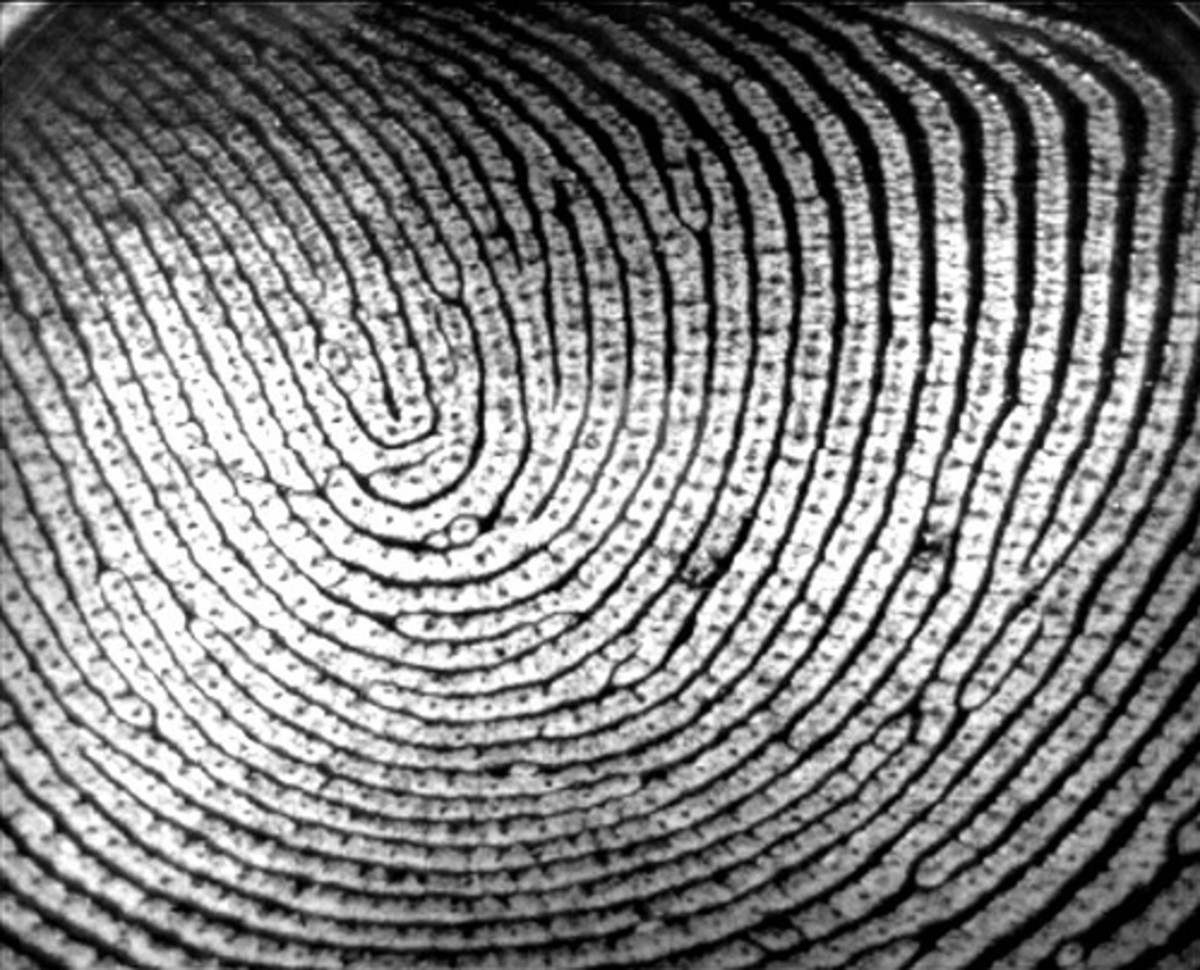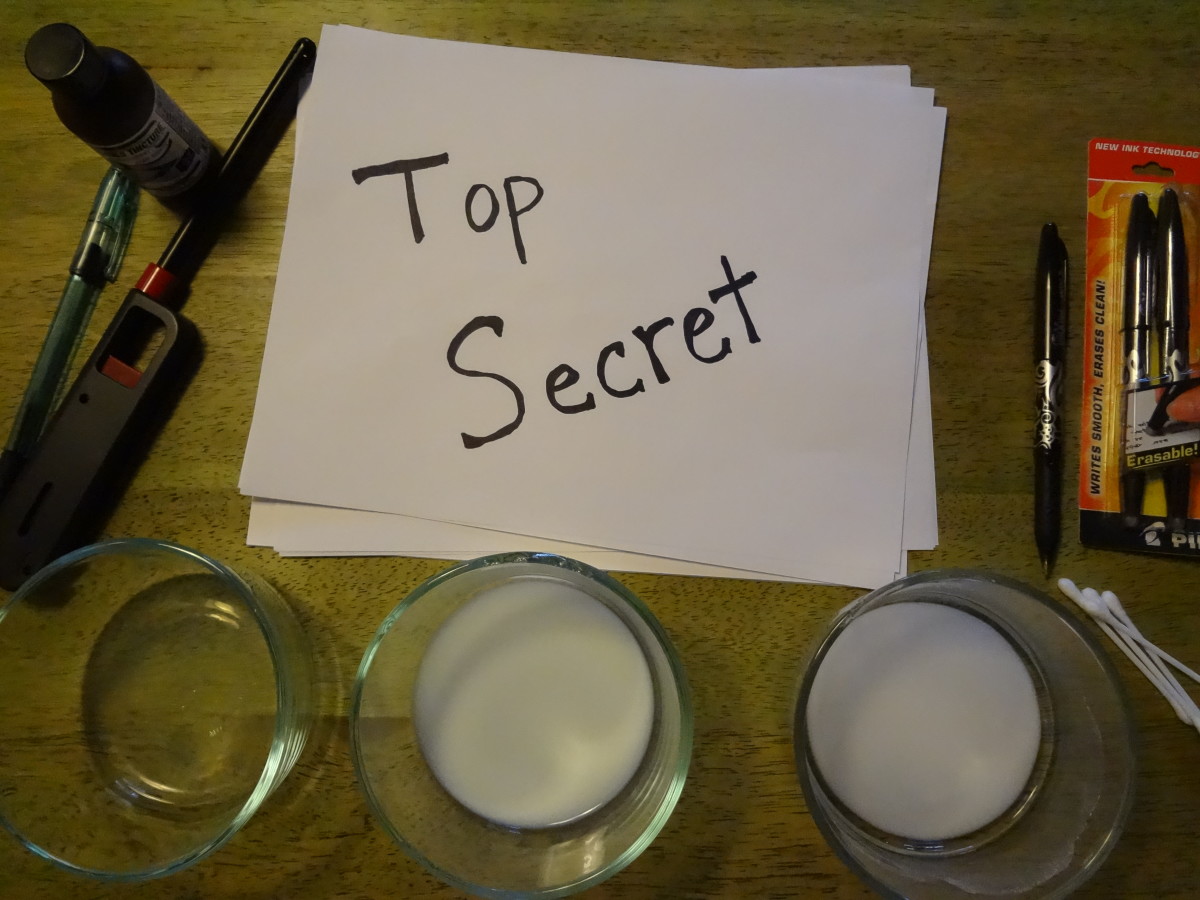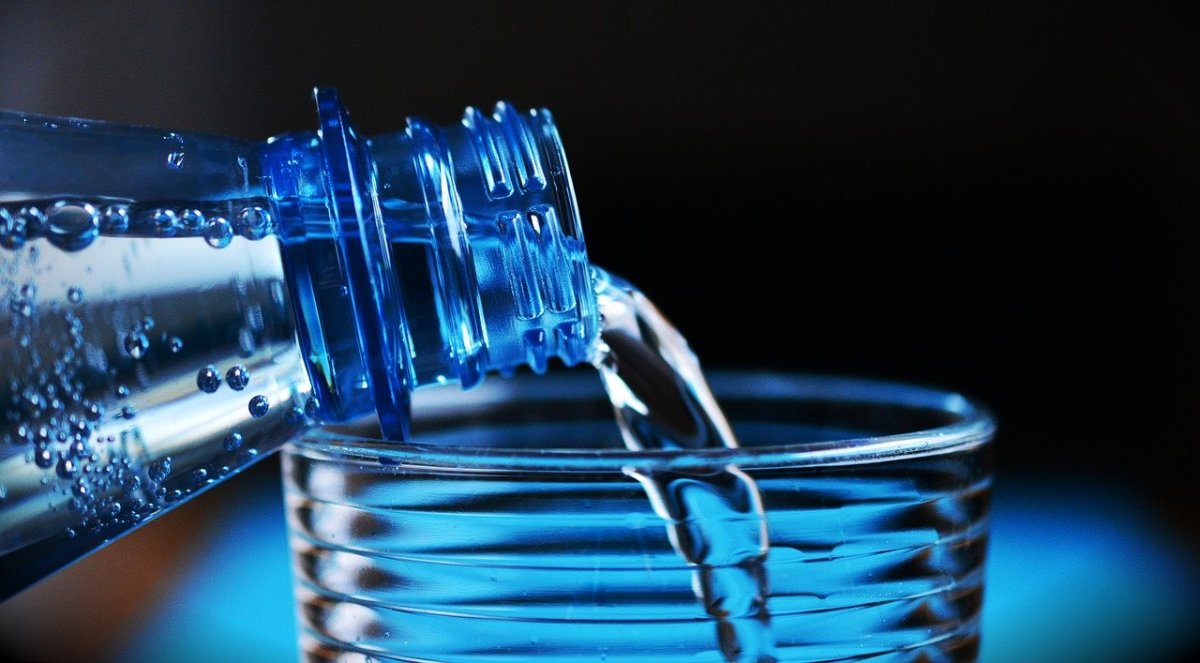How to Write a Hypothesis
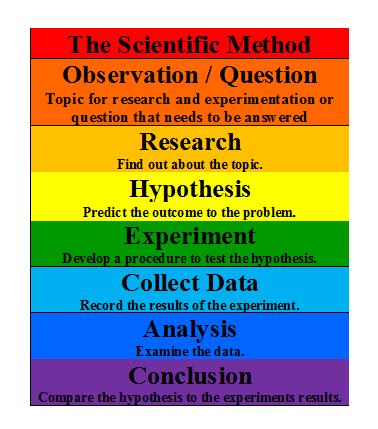
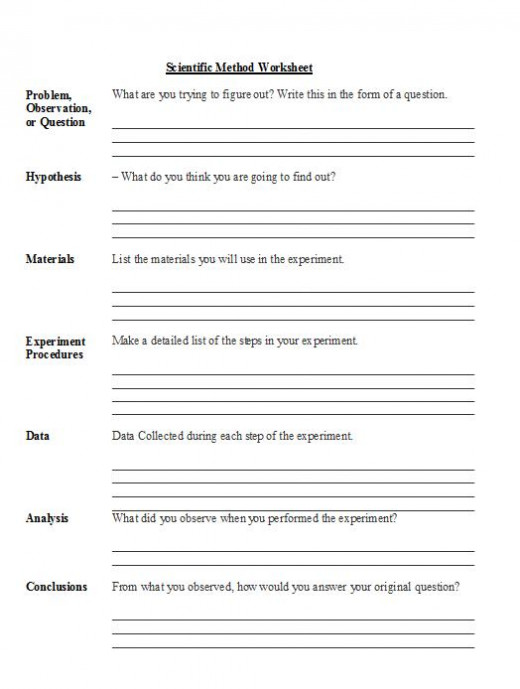
By Joan Whetzel
The scientific method asks a question and theorizes or postulates the answer to the question before going on to test any theories in order to find out what is, in fact, occurring and whether the theories are correct. In fact, any good experiment, whether it is for a science fair or an experiment at the professional level, revolves around a good research hypothesis and null hypothesis. A faulty hypothesis could lead to a flawed experiment - and an incorrect result.
The Scientific Method
The scientific method has several steps. The Hypothesis is only one of many.
1. Ask a Question.
2. Carry Out Research and Write the Research Paper.
3. Prepare an Hypothesis.
4. Plan and Conduct an Experiment.
5. Collect and Record Data.
6. Graph and Analyze the Data.
7. Draw Conclusions.
8. Write the Final Report.
9. Create the Display Board for Experiments Being Presented at a Science Fair.
What Is a Hypothesis?
The hypothesis is written in response to the question being posed. It provides a provisional, unconfirmed explanation of some observation, phenomenon, or scientific problem that requires further testing. For science fair experiments, students are often allowed to offer their own opinions and speculations as to the outcome of the experiment, what they believe the answer to their question or the outcome of the experiment might be. At the professional scientist level, the opinions of the scientists performing the experiment or doing the research are not offered. The hypothesis, instead, provides a brief description of the prevailing scientific theories as a whole. The opinions of the scientists are held until the end when they are interjected into the conclusions as the scientists' interpretations of the results.
Writing the Hypothesis
They hypothesis should be stated as something that can be tested, so that what the scientist does and what happens during the experimentation can be measured or quantified. Asking the question you want answered and doing research into what is already known on the subject before writing the hypothesis is important because (a) it prevents you running an experiment that has already been done with proven results and (b) it provides a basis for designing a unique experiment. The parameters for a good hypothesis include:
a) It should be words so that the experiment can be designed that tests the theories.
b) It must state the independent variables (the variables that will change) and dependant variables (the ones that will remain the same as a control) during the experiment.
c) It should include the above statement expressed in this way: "If the independent variable(s) are changed in a [specified] ways, then there will also be changes in the dependant variable(s)."
d) It should be based on information found when researching and writing the research paper.
e) It should help design the parameters of the experiment that will be used to test it.
f) It should present the existing theories about the topic posed in the initial question.
Ultimately, a good hypothesis forces the student or scientist to think about the results of the experiment and what he or she should be looking for while running the experiment. It may prove the hypothesis or the null hypothesis (that there is no correlation between the two measured phenomenon - the dependant and independent variables), so the student or scientist will be looking for proof of one or the other. The final conclusions will be based in part on the hypothesis as well as the data collected during the experiment.
Resources
Wikipedia. Scientific Method.
http://en.wikipedia.org/wiki/Scientific_method
Science Buddies, Steps of the Scientific Method.
http://www.sciencebuddies.org/science-fair-projects/project_scientific_method.shtml
Science Made Easy. Understanding and Using the Scientific Method.
http://www.sciencemadesimple.com/scientific_method.html
American Heritage Dictionary. Hypothesis.
http://education.yahoo.com/reference/dictionary/entry/hypothesis
Science Kids at Home. What Is a Hypothesis?
http://www.sciencekidsathome.com/science_fair/what-is-a-hypothesis.html
Science Buddies. Hypothesis.
http://www.sciencebuddies.org/science-fair-projects/project_hypothesis.shtml
Explore Lab. How to Write a Hypothesis.
http://explorable.com/how-to-write-a-hypothesis.html
Access Excellence. Writing Hypotheses: A Student Lesson.

